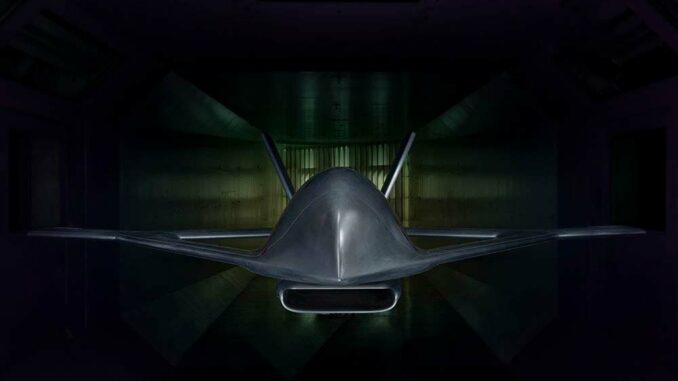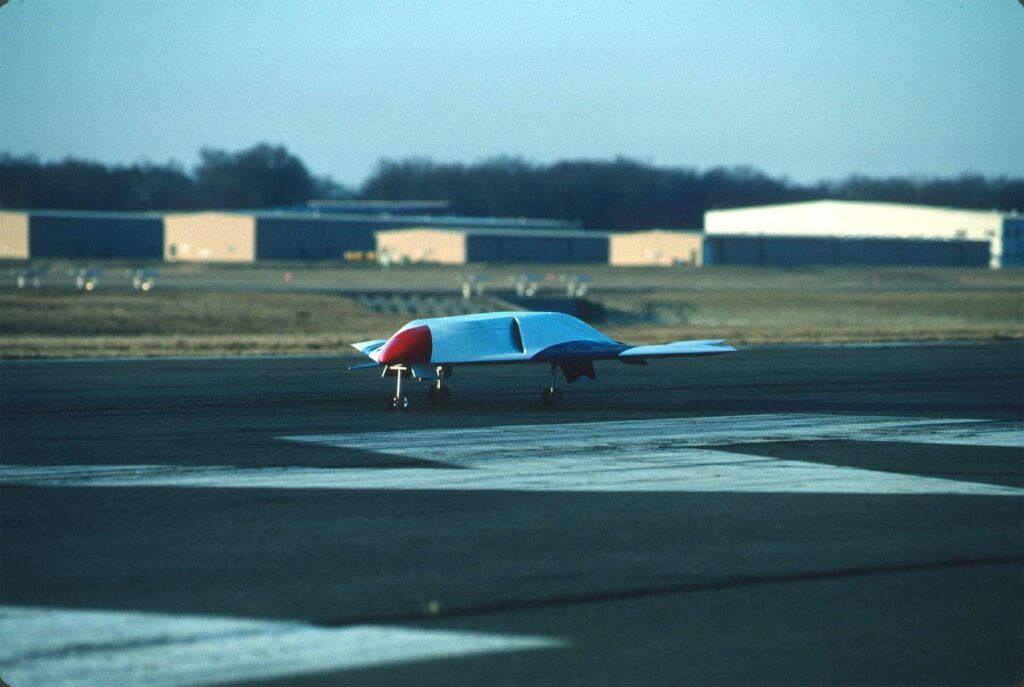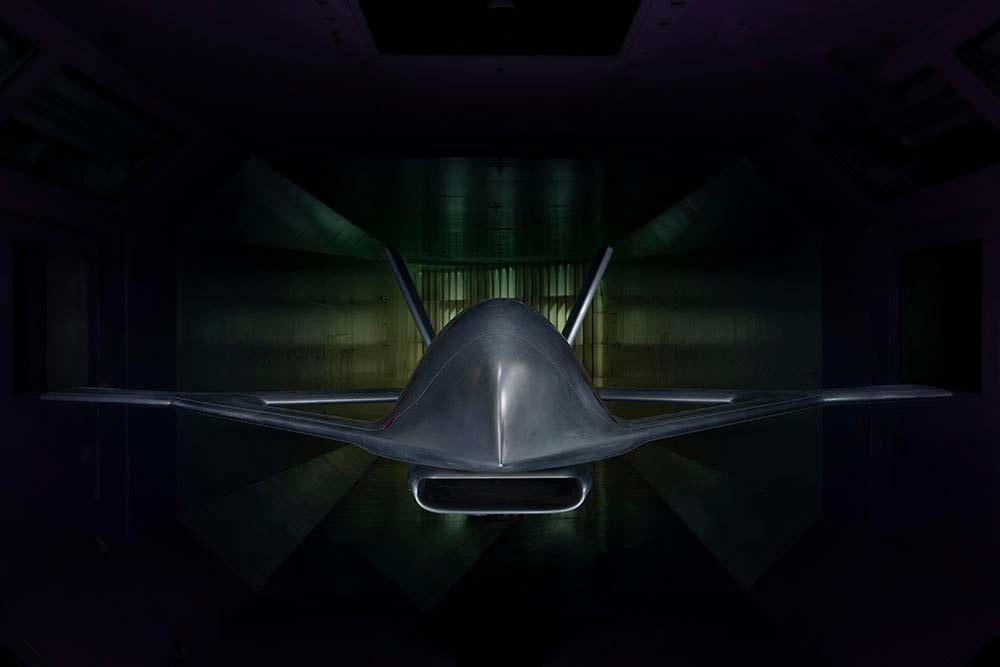
Aurora Flight Sciences advances in flight demonstration of active flow control for electric aircraft, a major breakthrough.
Aurora pioneers active flow control for electric aircraft
Aurora Flight Sciences makes progress in the flight demonstration of a revolutionary technology for electric aviation: active flow control. This DARPA-funded project, called Control of Revolutionary Aircraft with Novel Effectors (CRANE), aims to push the boundaries of future aviation by eliminating conventional control surfaces such as ailerons, rudders and flaps.
Aurora has received funding of $41.4 million to continue the second and third phases of the CRANE project, bringing the total contract value to $89.6 million. This phase includes integrated subsystem component testing, followed by manufacturing, assembly, ground testing and flight demonstration of an experimental CRANE electric aircraft.
The CRANE project focuses on the use of actuators or effectors to add energy or momentum to the airflow over the aircraft, replacing traditional control surfaces. This approach uses air jets to modify the aircraft’s attitude, offering an alternative to passive control which involves always-active geometric modifications, regardless of performance needs or penalties.
Active flow control, more desirable than passive control, involves the regulated addition of energy or momentum to the airflow, allowing pilots to activate or deactivate it as required. It modifies the aircraft’s aerodynamic flow field using mechanical actuators, or by ejection or suction on a wing, fuselage, air intake or nozzle.
Aurora aims to integrate this active flow control technology at the earliest stages of aircraft design, to improve the efficiency and effectiveness of new commercial and military aircraft. This technology is demonstrated on an X-plane aircraft, with a focus on the best methods for developing and demonstrating in-flight their flow control technologies on an entirely new design or the modification of an existing aircraft.


Consequences and implications of active flow control
Aurora’s development of active flow control has far-reaching implications for the future of aviation. In technical terms, this innovation could lead to a new generation of more efficient electric aircraft, with improved maneuverability and fewer mechanical components subject to wear and maintenance.
The reduction in external control surfaces and moving parts could also reduce aerodynamic drag and improve fuel efficiency, contributing to a significant reduction in fuel consumption and greenhouse gas emissions. What’s more, the ability to finely control the flow of air around the aircraft could pave the way for bolder, more innovative aircraft designs.
In economic terms, the adoption of this technology could reduce operational and maintenance costs for airlines, while fostering innovation in the aviation industry. However, the development and integration of these active flow control systems requires significant investment in research and development, as well as rigorous evaluation to ensure safety and reliability.
From an environmental point of view, electric aviation assisted by active flow control represents a step towards more sustainable aviation. It aligns with global targets for reducing carbon emissions, and could accelerate the transition to cleaner propulsion technologies.
However, large-scale deployment of these technologies requires close collaboration between aircraft manufacturers, regulators and airlines to ensure adoption and market acceptance. Challenges such as certification, pilot training and integration into existing fleets will have to be overcome.
Aurora Flight Sciences’ CRANE project represents a significant breakthrough in active flow control for electric aviation, offering promising prospects for aeronautical efficiency and innovation. This technology has the potential to transform the aviation industry, contributing to more sustainable and efficient aviation.
War Wings Daily is an independant magazine.